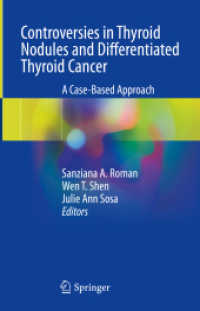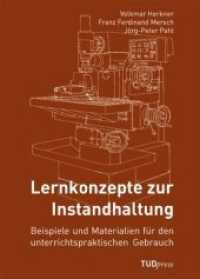Description
(Text)
Genetic alterations in cancer, in addition to being the fundamental drivers of tumorigenesis, can give rise to a variety of metabolic adaptations that allow cancer cells to survive and proliferate in diverse tumor microenvironments. This metabolic flexibility is different from normal cellular metabolic processes and leads to heterogeneity in cancer metabolism within the same cancer type or even within the same tumor.
(Table of content)
A. The metabolism of cancer cells I. Glucose metabolism 1. The Warburg Effect 2. Up-regulation of glucose uptake 3. Dysregulation of TCA cycle 4. Dysregulation of pentose phosphate pathway 5. Glycogen and gluconeogenesis 5. Targeting glucose metabolism for cancer therapy II. Glutamine Metabolism 6. Glutamine addiction 7. TCA cycle fed solely by glutamine 8. Reductive carboxylation 9. Targeting glutamine metabolism for cancer therapy III. Amino acid metabolism 10. Transaminase up-regulation 11. Targeting amino acid synthesis for cancer therapy IV. Lipid metabolism 12. Dysregulation of lipid metabolism in cancer 13. Targeting lipid metabolism for cancer therapy V. Epigenetics and oncometabolites. Intratumoral heterogeneity of cancer cell metabolism 19. Intratumoral genetic alterations leads to adaptive metabolic heterogeneity 20. Different tumor microenvironments lead to different metabolic phenotypes III. Differential metabolism in vitro and in vivo
C. Carcinoma associated fibroblasts (CAFs) 21. Characteristics of CAFs 22. Reverse Warburg effect 23. Metabolic exchange between CAFs and cancer cells
(Author portrait)
Anne Le studied at the Paris Descartes University, Cochin Port-Royal School of Medicine, in France where she obtained a Habilitation degree (https://en.wikipedia.org/wiki/Habilitation), the highest academic qualification a scholar can achieve in Europe. After her clinical training at Henri Poincaré University Hospital, Nancy, in France, she started her postdoctoral research fellowship at the Johns Hopkins University School of Medicine in 2007. Since 2011, Dr. Le has been an independent investigator who has yielded a number of contributions to the field of cancer metabolism, demonstrated by her publication record as a pioneer in the field. She has published in the best journals, such as Cell Metabolism and the Proceedings of the National Academy of Sciences of the United States of America. Dr. Le has been invited to present her work at several annual American Association for Cancer Research meetings, the most prestigious international meeting for cancer research scientists and professionals, as well as by the National Cancer Institute, and universities in France, Monaco, Japan, and Taiwan. Research media, such as Science Daily, American Association for the Advancement of Science (AAAS), Business Insider, ALN® Magazine, among many others, have written about her work. Dr. Le is highly respected and sought after for her strong proficiency in judging the work and ideas of her peers. She is regularly invited to serve on review panels by prestigious organizations such as the National Institutes of Health and the US Department of Defense. She is frequently asked by high-cited scientific journals to review manuscripts submitted to their journals.








